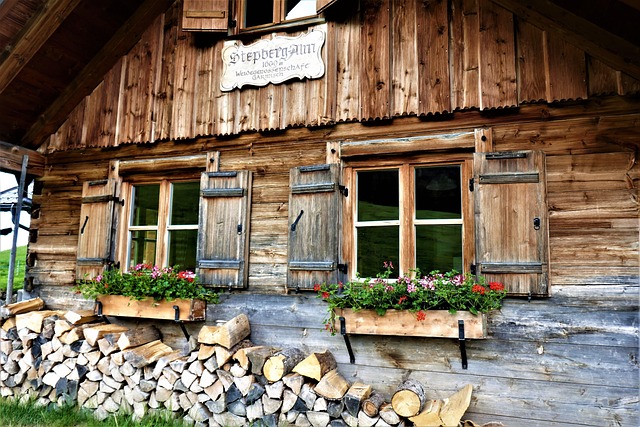High-tech companies significantly influence local real estate markets by driving demand for commercial and residential properties, increasing property values, and reshaping preferences with modern amenities. Tech hubs powered by prominent firms attract global talent, investors, and entrepreneurs, stimulating economic growth, job opportunities, and infrastructure development. Tech startups clustering in vibrant cities drive commercial space demand and revitalize neighborhoods, enhancing urban landscapes and real estate markets globally.
High-tech companies are transforming cities into vibrant, innovative hubs, driving significant growth in local real estate markets. From Silicon Valley to emerging tech centers, these firms create a ripple effect that reshapes urban landscapes and fosters economic prosperity. This article explores how high-tech giants and startups alike impact property values, attract talent, and cultivate dynamic communities. Discover the multifaceted role of technology in shaping today’s real estate landscape.
High-tech companies' impact on local real estate markets

High-tech companies have a significant impact on local real estate markets, driving demand for commercial and residential properties alike. As tech firms expand or establish new offices in an area, they attract talent from around the globe, increasing the population and housing needs. This influx often leads to higher property values and rents, as well as a surge in construction activity to keep up with the growing demand.
Tech-driven innovation also reshapes the types of properties in demand. Modern amenities, such as high-speed internet connectivity, smart home technology, and eco-friendly features, become essential for both residential and commercial spaces. This trend encourages developers to invest in building state-of-the-art properties, further enhancing the local real estate landscape.
Fostering innovation: Tech hubs and their economic ripple effects

Tech hubs, often centered around high-tech companies, act as engines of innovation and economic growth for their surrounding regions. These hubs attract talent, investors, and entrepreneurs from around the world, creating a vibrant ecosystem where ideas flourish and new ventures emerge. The ripple effects are significant; not only do they drive local job creation, but they also stimulate real estate markets as demand for housing and commercial spaces increases.
The presence of tech giants can transform urban landscapes, fostering specialized infrastructure and amenities tailored to their needs. This includes advanced telecommunications networks, co-working spaces, and research facilities. As a result, nearby communities benefit from enhanced connectivity, improved living standards, and increased access to cutting-edge technologies, making them more attractive places to live and work.
The role of tech startups in shaping urban landscapes

Tech startups are playing a pivotal role in transforming urban landscapes, with their presence significantly impacting local real estate markets. These innovative companies often seek to establish roots in vibrant cities, attracted by access to talent, diverse communities, and the potential for rapid growth. As they set up shop, they drive demand for commercial spaces, particularly in areas known for their thriving tech scenes. This increased demand can lead to revitalized neighborhoods, with improved infrastructure and amenities catering to the needs of both tech entrepreneurs and the wider community.
The physical footprint of these startups extends beyond offices; they often become catalysts for a broader urban metamorphosis. The presence of tech companies attracts additional businesses, from specialty cafes and co-working spaces to specialized service providers. This clustering effect creates a bustling tapestry where creativity flourishes and collaborations thrive. As a result, cities witness a surge in economic activity, fostering local growth and enhancing their global appeal.






